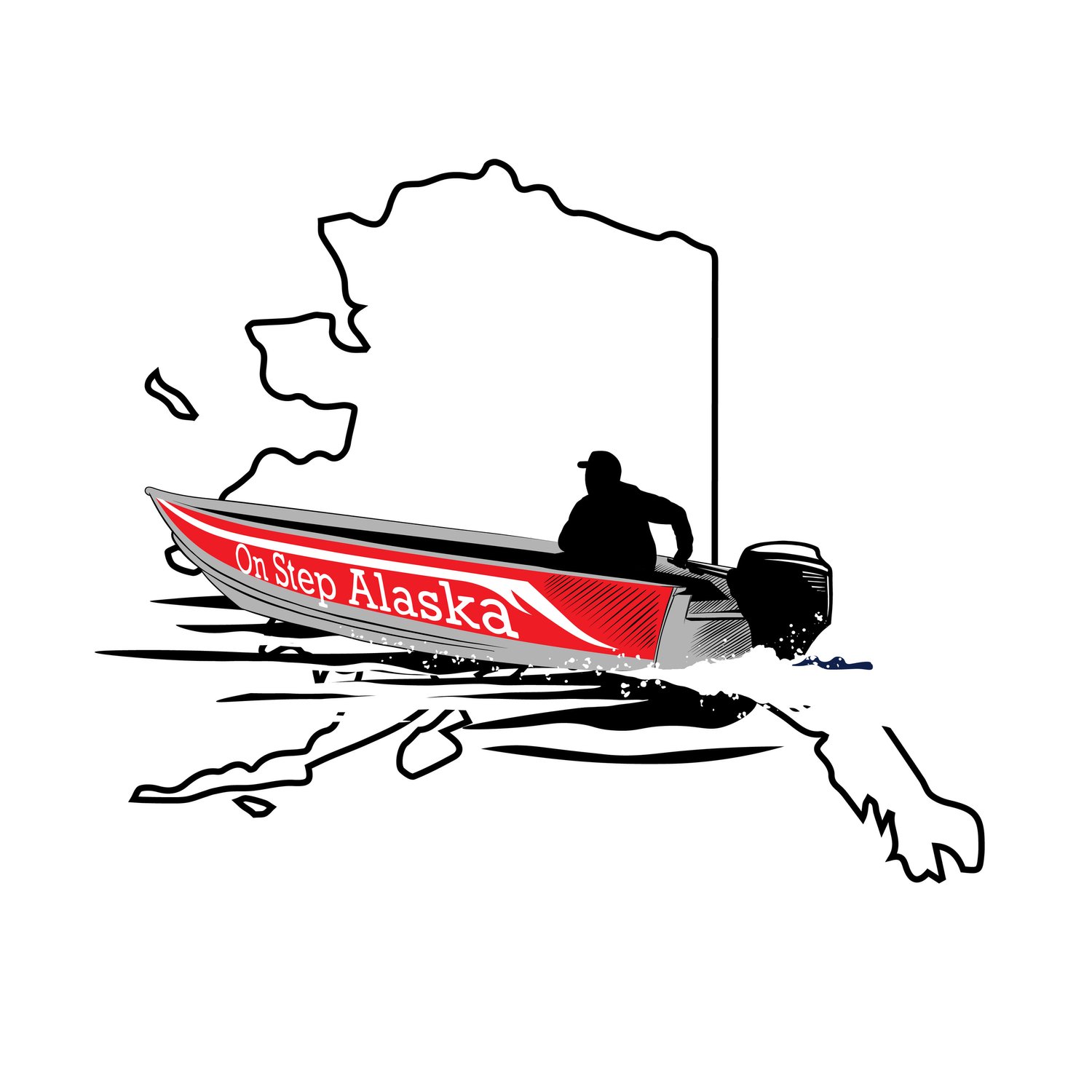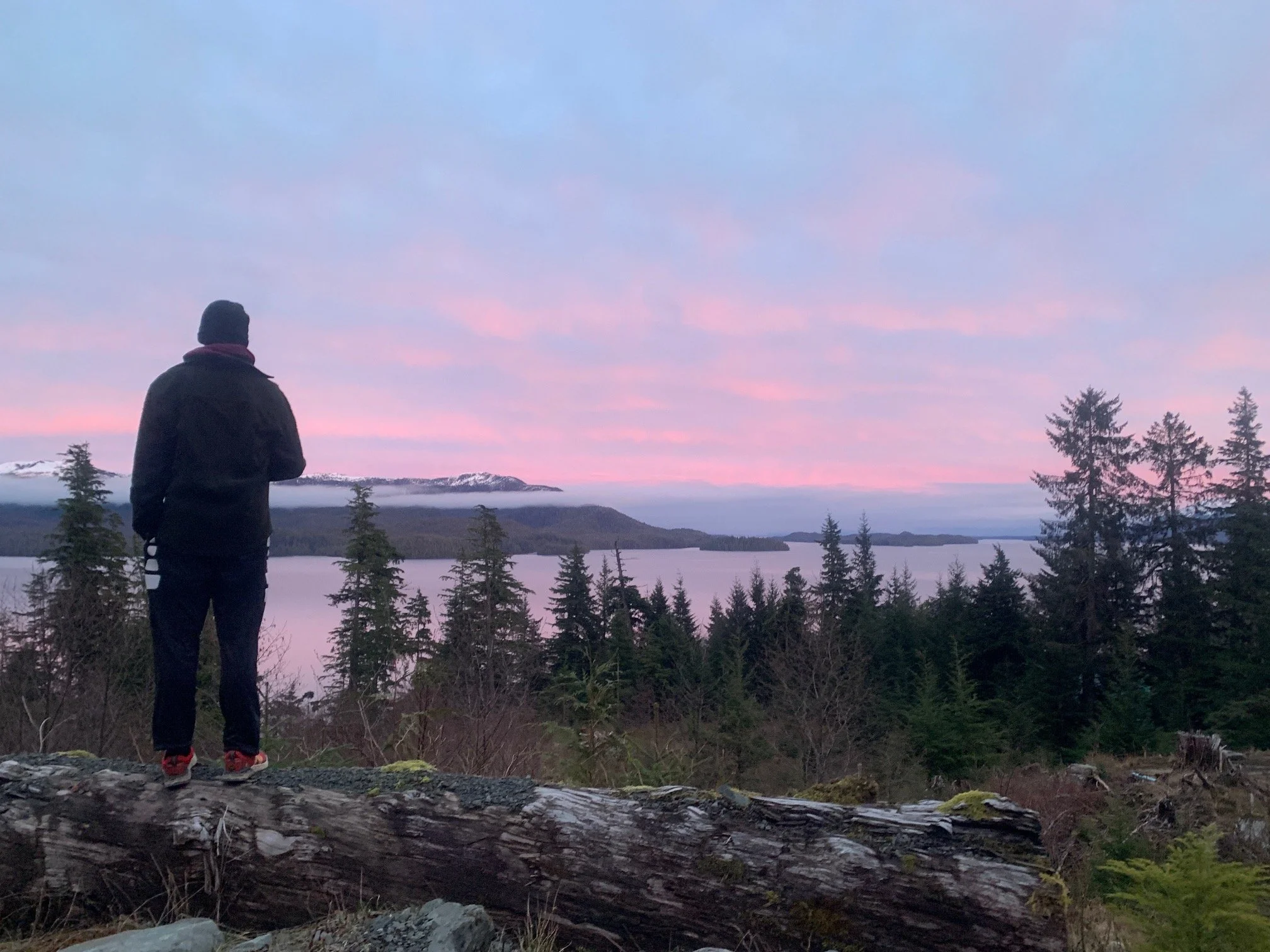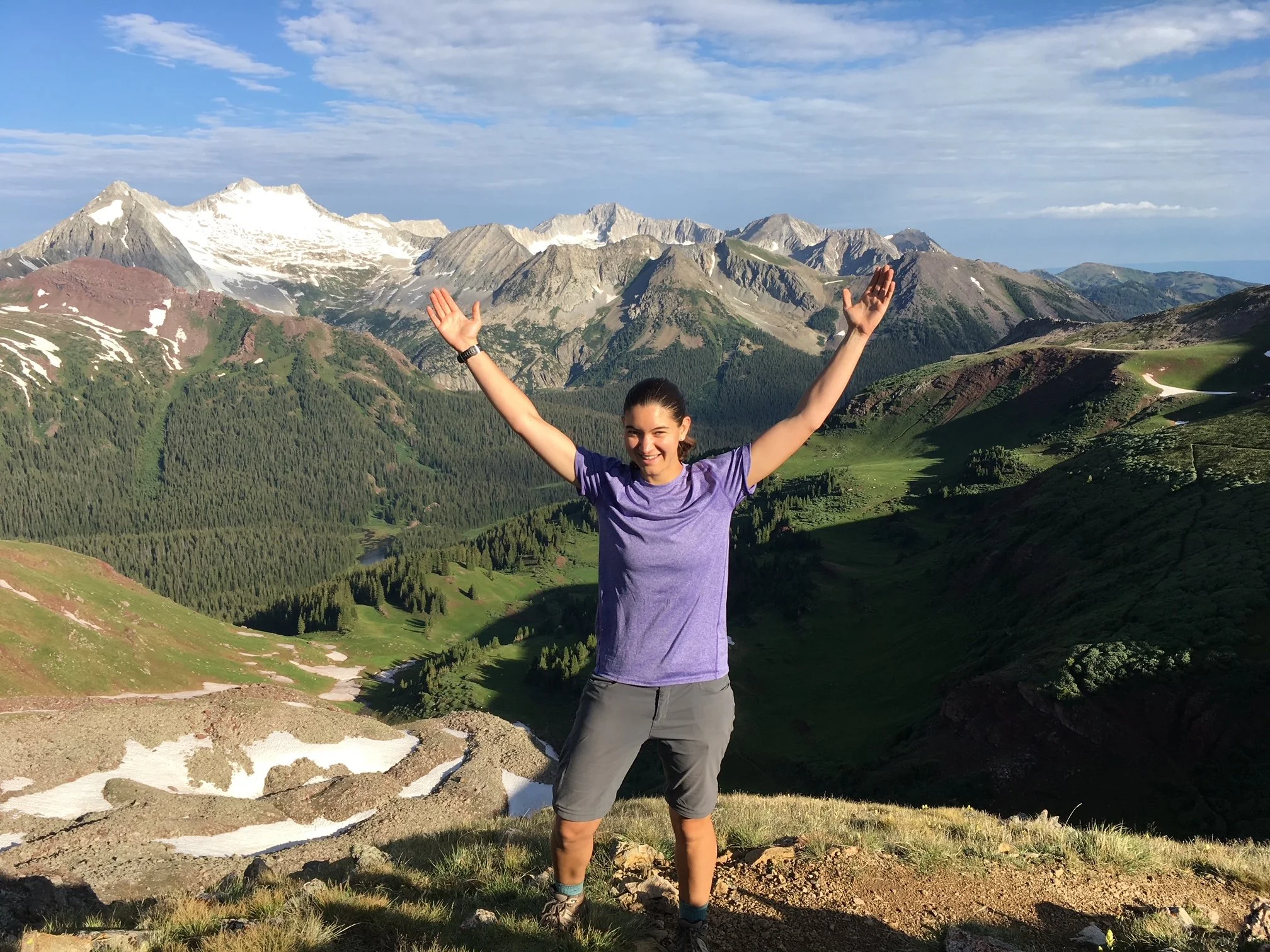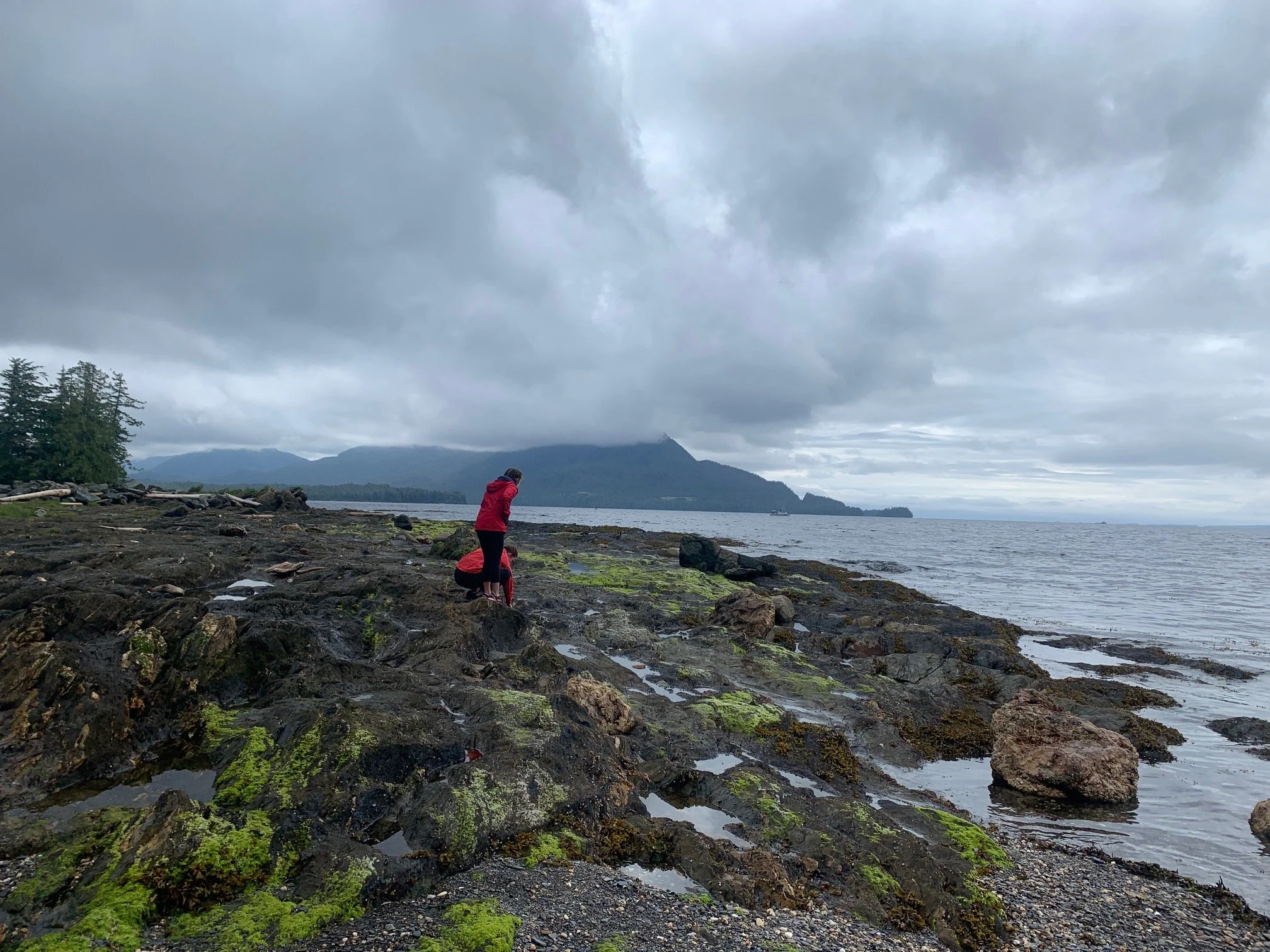Learning to experience life in the outdoors
Recent evening walk to watch the sunset with Jeff
After defending my PhD dissertation roughly a month ago, I’ve found myself with an almost uncomfortable amount of free time. Most would probably envy me this two month break between major work obligations, but it has left me reflecting on how I “spend” my time and how I evaluate the different ways in which I ought to use my time.
If you believe the arguments Oliver Burke makes in his book 4,000 weeks: Time Management for Mere Mortals then we have largely aligned the way we value time against an arbitrary yardstick of hours and years that we fill with tasks and judge the value of based off our productivity. I am certainly guilty of using time and valuing my self worth based off whether I feel I checked enough of the right items off the to-do list within a certain amount of time – if so I feel good, if not, I feel overwhelmed and anxious and that I will need to work harder to learn more things so I can keep up with the other productive members of society.
“The fundamental problem is that this attitude toward time sets up a rigged game in which it’s impossible ever to feel as though you’re doing enough. Instead of simply living our lives as they unfold in time … “it becomes difficult not to value each moment primarily according to its usefulness for some future goal, or for some future oasis of relaxation you hope to reach once your tasks are finally “out of the way… “It wrenches us out of the present leading to a life spent leaning into the future, worrying about whether things will work out, experiencing everything in terms of some later hoped-for benefit… and it makes it all but impossible to experience ‘deep time’ that sense of timeless time which depends on forgetting the abstract yardstick [of the hour or day or year] and plunging back into the vividness of reality instead”
That sense of timelessness or ‘deep time’ is something whose value escapes explanation but becomes clear when I reflect on some of my fondest memories. Those experiences that are tinged by nostalgia and simple joy – summer vacations as a kid, late nights hanging out with friends in college or post-work afternoon adventures. You can’t exactly recall specifics, or if you can when you start to explain that you grabbed some pizza after work, drove to the foothills just out of town and climbed around on some rocks until it got dark and someone decided they were tired and you should head back, these experiences appear unremarkable.
Mid backpacking trip on the famous Four Pass Loop in Colorado. My friend who accompanied me will confirm that my unspoken outdoor philosophy at the time was something along the lines of “Go further, go faster, go bigger”
But what they have in common is that you have nowhere to be and nothing to do other than just enjoy being in the moment. Of course this is a fleeting feeling because at some point you do have school or a job or some other responsibility to return to, but at least for a short while that isn’t dictating the experience.
While there are many tangible, research-backed benefits to time outside that justify outdoor pursuits in an economic, productivity driven framework of time, these fall short of the intrinsic value of time outdoors. Time outdoors can give us a taste of what it’s like to experience life, rather than just being a way to use time well.
Many of my first pursuits in the outdoors were still task oriented because the productivity culture was so ingrained in me that I brought this view to the outdoors – it was an array of experiences to be conquered. I raced up trails, checking off peaks and popular western U.S. destinations. I threw myself into a stream of new activities to fill every season – backpacking, mountain biking, climbing, and skiing, trying to see and experience it all to make the most of my time in Wyoming. I rarely repeated trails or trips because there are enough outdoor adventures to fill a lifetime in Wyoming alone but I aimed to see and experience the West by the time I finished my degree, which surely would be possible if I managed my time well.
Spending an afternoon looking at tidal pools with some friends who came to visit Ketchikan. Now I like to think my outdoor philosophy has shifted more towards “Enjoy where you’re at” — not that the adventures aren’t sometimes still grueling, but further and faster and bigger doesn’t mean better
However, once I had checked off enough highlights, the peaks and trails began to blend together. I hadn’t really stopped to see any of it. Sure, I enjoyed each of my trips and I have snapshots of myself in iconic places across the western U.S., but these memories for the most part, weren’t tinged by the desire to go back and re-experience them. Instead, I felt more pulled to slow, familiar adventures close to home. Weeknight campfires, afternoon bike rides, revisiting old trails, or floating nearby rivers. No real goals or agendas, just going out with friends and seeing where we ended up.
Juxtaposed with a world where we try to better manage our time and fit more and impressive things into each chunk of time, experiences in the outdoors have a richness because real experiences outdoors force us to both confront our limited control and finiteness but also invite us into a world where life is not measured by productivity.



